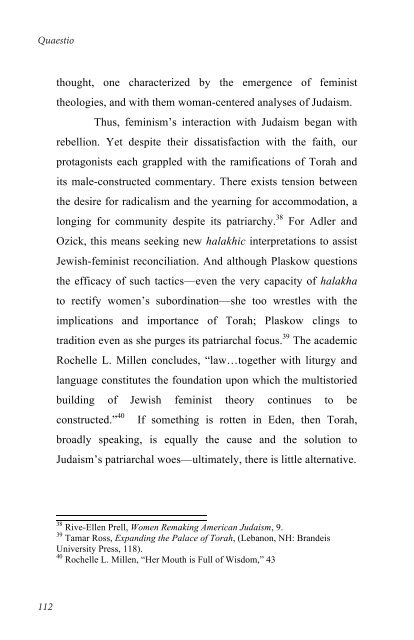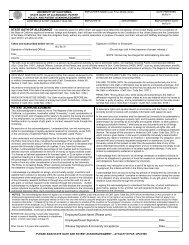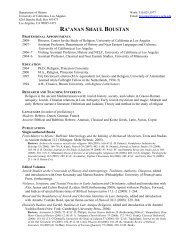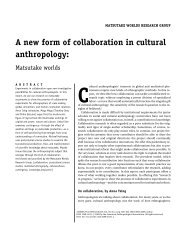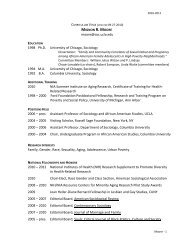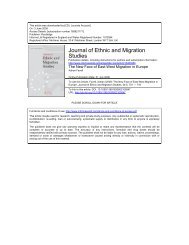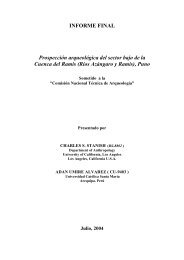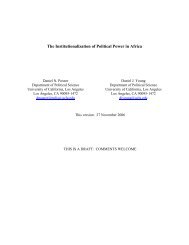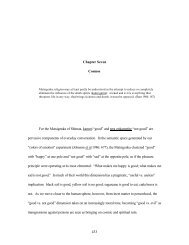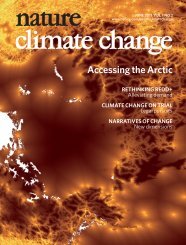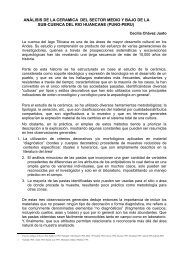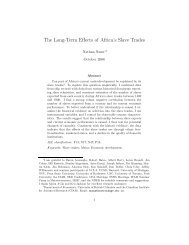QUAESTIO - Social Sciences Division - UCLA
QUAESTIO - Social Sciences Division - UCLA
QUAESTIO - Social Sciences Division - UCLA
Create successful ePaper yourself
Turn your PDF publications into a flip-book with our unique Google optimized e-Paper software.
Quaestio<br />
thought, one characterized by the emergence of feminist<br />
theologies, and with them woman-centered analyses of Judaism.<br />
Thus, feminism’s interaction with Judaism began with<br />
rebellion. Yet despite their dissatisfaction with the faith, our<br />
protagonists each grappled with the ramifications of Torah and<br />
its male-constructed commentary. There exists tension between<br />
the desire for radicalism and the yearning for accommodation, a<br />
longing for community despite its patriarchy. 38 For Adler and<br />
Ozick, this means seeking new halakhic interpretations to assist<br />
Jewish-feminist reconciliation. And although Plaskow questions<br />
the efficacy of such tactics—even the very capacity of halakha<br />
to rectify women’s subordination—she too wrestles with the<br />
implications and importance of Torah; Plaskow clings to<br />
tradition even as she purges its patriarchal focus. 39 The academic<br />
Rochelle L. Millen concludes, “law…together with liturgy and<br />
language constitutes the foundation upon which the multistoried<br />
building of Jewish feminist theory continues to be<br />
constructed.” 40 If something is rotten in Eden, then Torah,<br />
broadly speaking, is equally the cause and the solution to<br />
Judaism’s patriarchal woes—ultimately, there is little alternative.<br />
38 Rive-Ellen Prell, Women Remaking American Judaism, 9.<br />
39 Tamar Ross, Expanding the Palace of Torah, (Lebanon, NH: Brandeis<br />
University Press, 118).<br />
40 Rochelle L. Millen, “Her Mouth is Full of Wisdom,” 43<br />
112


